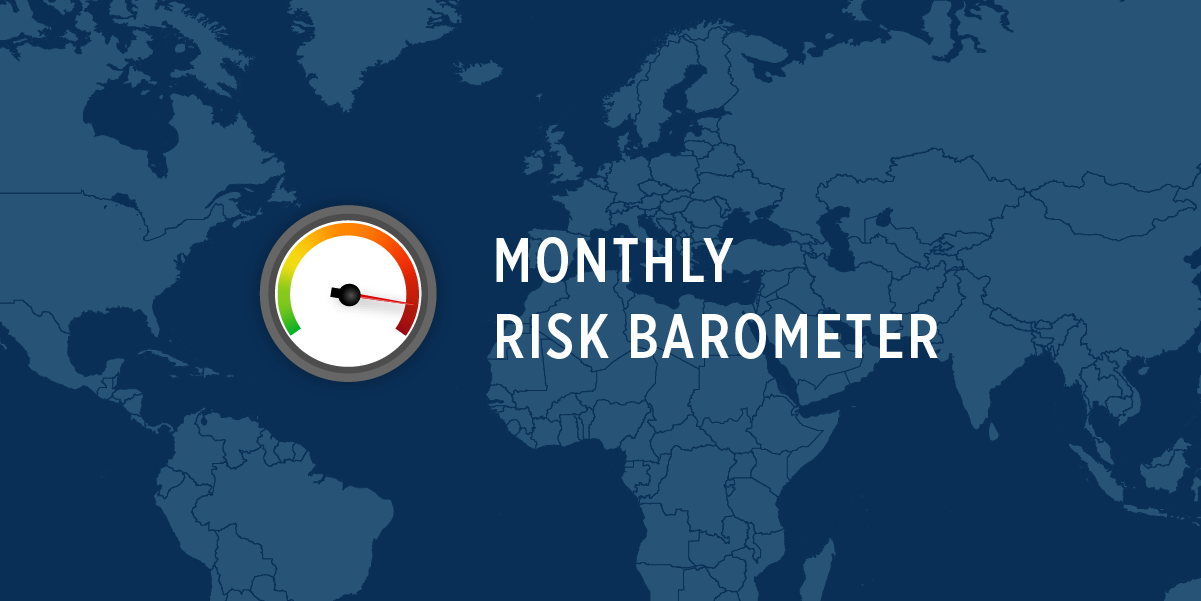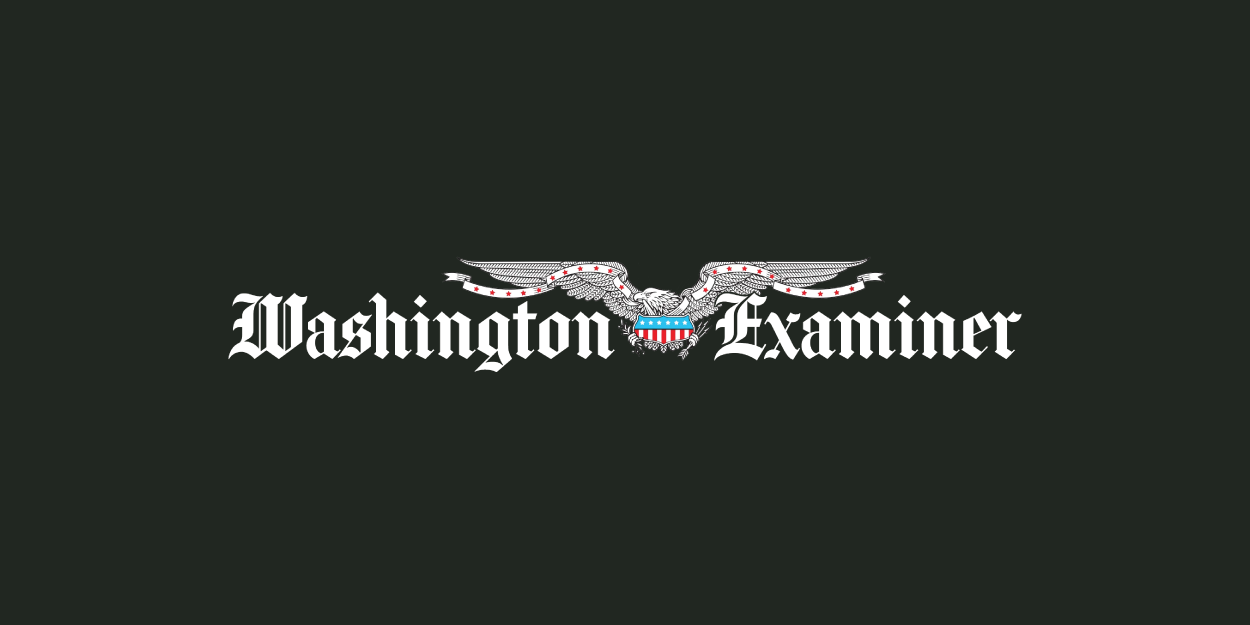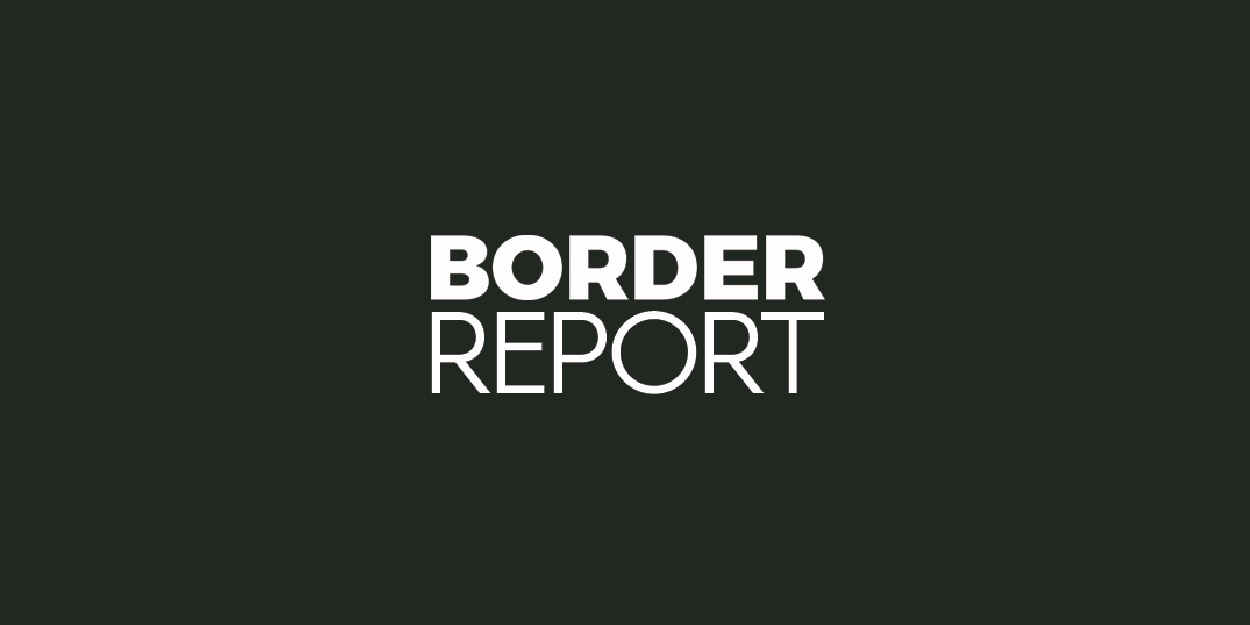“You don’t want, in a fragile situation, a power vacuum. That’s where you get fighting in and amongst different groups.”
Following the capture of Venezuelan President Nicolás Maduro, Mike Ballard, Director of Intelligence at Global Guardian, spoke with Border Report Live to break down what the latest developments could mean for the region moving forward.
In the interview, Mike shares insight on how the situation is likely to evolve in the near term, potential impacts to migration flows, U.S. interests, and regional stability, and what Global Guardian is advising clients operating in or near Latin America to monitor closely. He also addresses broader implications for countries including Colombia, Brazil, and Mexico.
Click below to watch the interview, which runs from approximately minute 5:00 to minute 23:00.















